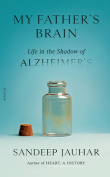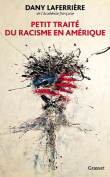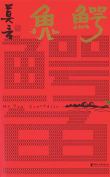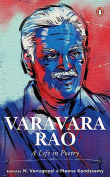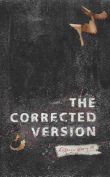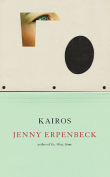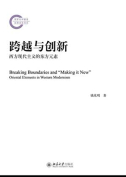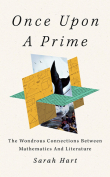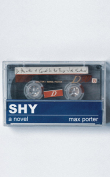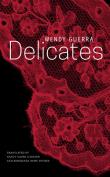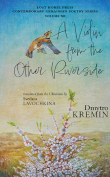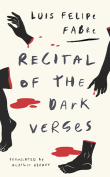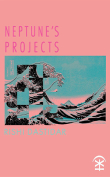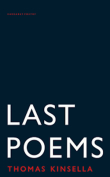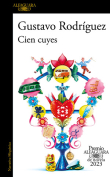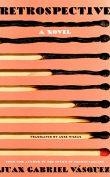Neptune’s Projects by Rishi Dastidar
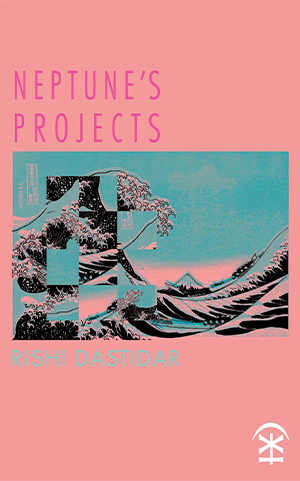 Rugby, UK. Nine Arches Press. 2023. 72 pages.
Rugby, UK. Nine Arches Press. 2023. 72 pages.
As one goes through this collection of “post-apocalyptic” verses or hyperobject ballads, which are also “eco-themic,” one is seized with this puzzle: Why Neptune and why its projects? Here lies the answer, perhaps—Rishi Dastidar, who began with the idea of giving a voice to the sea, gradually drifted to Neptune, the Roman god of the seas. One must remember that the sea is where life came to be, and the sea is where all will end. We also know Neptune as a planet made of a thick soup of water, ammonia, and methane. Otherwise, riddles like these would not have arisen: “Peace is to Pacific as Atlantis is to Atlantic as Apocalypse is to ________?” (“Tridentcy, or an inquisition by the sea”).
Here, we encounter a beautiful juxtaposition of peace and calamity. Because Neptune has just begun work on the earth project, and things are fluid. Such ambiguity is evident throughout this collection. He is still not on terms with how the existing world behaves.
Sometimes, like a broken record, the concept gets stuck at “waves forgive waves forgive, waves forgive,” “count the ships, are they sailing, are they sailing, are they sailing . . . yes, they are sailing, sailing.” Other times, the poet considers the collapsing Earth as “a lab from which you dragged (me),” or “you didn’t hear it? There was an anchor slipping, a mast snapping, an island sinking.” The dénouement is that “the tide is the best lullaby.”
The poet sets this riddle and now is ready to go on a roller-coaster ride into the future and present of Neptune and its work on Earth with the sea acting like a supercomputer. It swings a different band of the apocalypso. “I am an avant-kranky light bulb, the latest production from Neptune’s Projects” (“Spirit Tek”).
Any reworking of the Earth cannot be without love. Because love is what holds everything together. But, in the poet’s eye, even the desire to be with a lover is plastered with dark humor. Love is not enough to save the species unless they learn to respect the sea. “Yes I’ll make love to you, / but first you have to calm down, inhale the sea” (“inhale the sea”). Inhaling the sea is an act tantamount to drowning. Constantly, in his inimical style, the poet reminds us of a world that is collapsing by using such strange nautical words like “Shipwreck champagne.” This is a clever way to express a situation where the Earth is sinking into oceans, which the poet wants to celebrate, too. “The shipwreck champagne is sweeter here / and won’t give you the bends” (“Shipwreck champagne”).
At the same time, he sometimes takes a dispassionate stand at the plight of humans at the moment of apocalypse:
Oh yeah, Sapiens! I remember them! Four limbs, opposable
thumbs, a bit of language. They thought that made them
special. Never seen a death wish
like it.
The poet has his reason for this ambiguous stand. In an interview following the publication of his book, he makes this statement: “If we agree that the climate crisis is the most important challenge facing us as a species, why wouldn’t we use every potential tone or shade on the communicative register, to try and reach people? Maybe, just maybe, a black, gallows humour might change a mind or two. I appreciate that might be as useful as giggling into the apocalypse, but I felt—still feel—it’s worth a try.”
Giggling into or laughing at apocalypse is what this unique collection is all about. The poet emerges, finally, with a grander vision of the future world; when all is said and done, light and color and not merely dark holes house many Neptunes. “All I’ve ever wanted to do is live by the sea. / Ironic, isn’t it?”
Ravi Shanker N.
Palakkad, India




